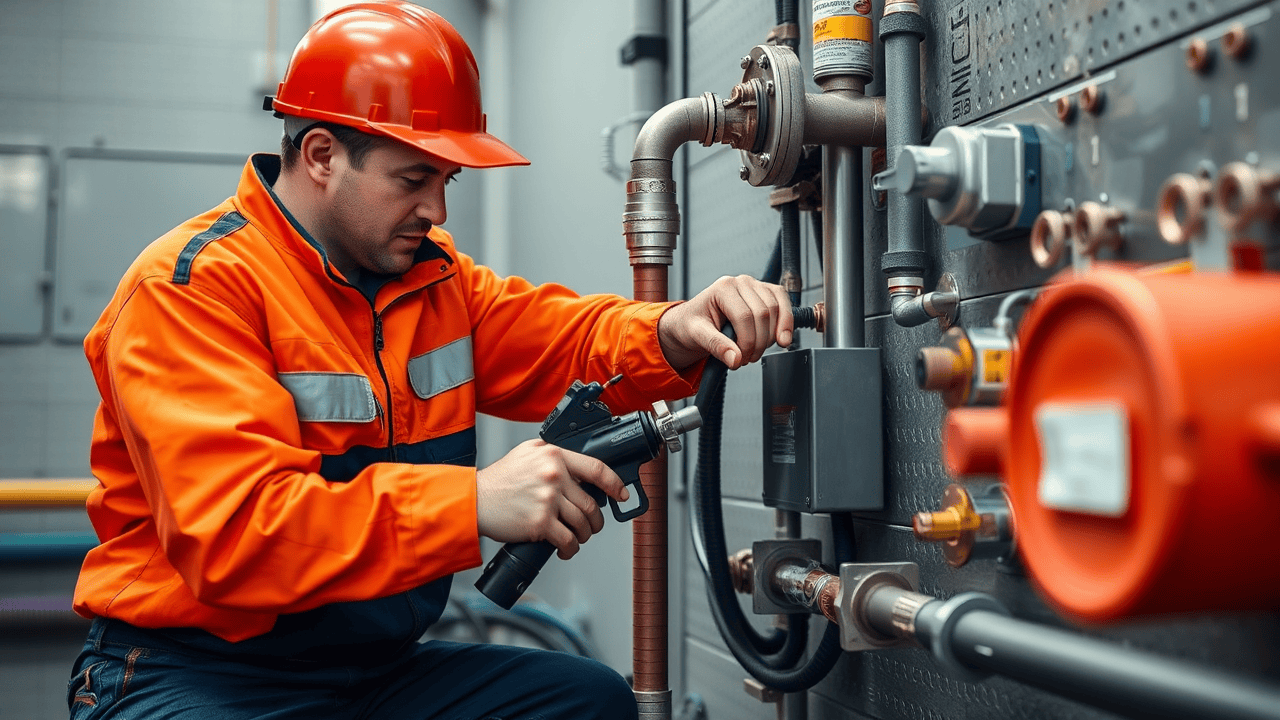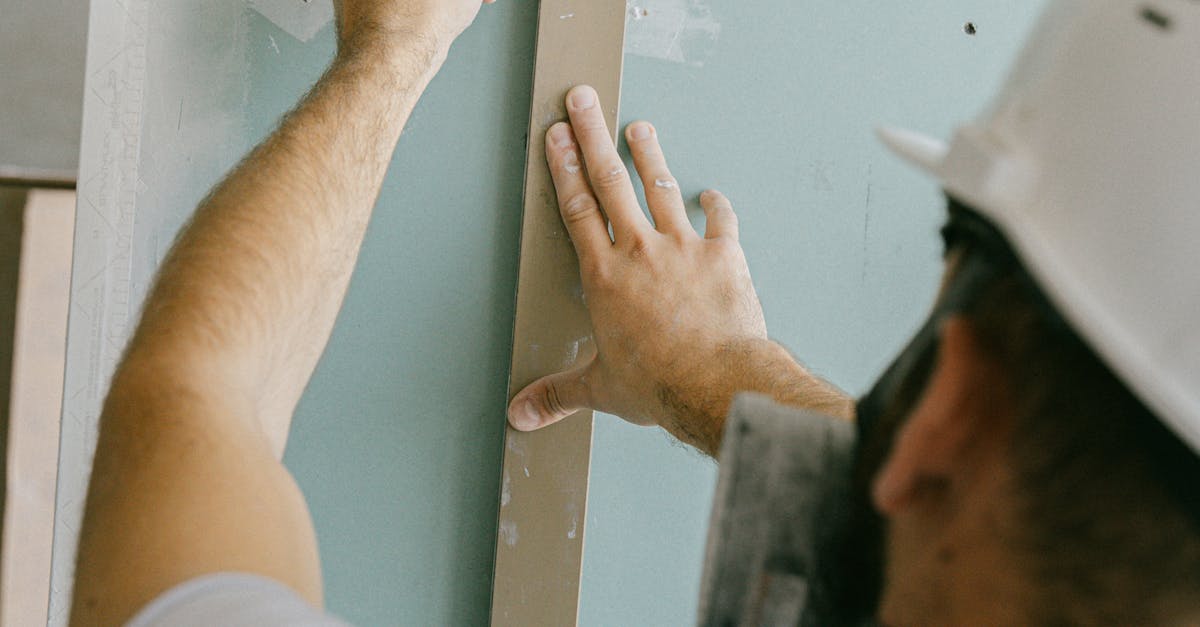
Professional vs. DIY Fixes
When dealing with a broken gas line, distinguishing between professional services and DIY fixes is crucial. Gas line installation and repair in residential properties requires specialized knowledge and skills. Professional technicians possess the necessary training to safely handle gas repairs, ensuring compliance with local codes and regulations. Attempting a DIY fix can lead to dangerous consequences, including gas leaks or explosions.
For minor issues, some homeowners might consider temporary fixes. However, most gas line repairs should be left to experts. A licensed technician will not only address the immediate concern but also identify any underlying problems. Trusting a professional with gas line installation and repair in your home safeguards not only your property but also your family’s safety.
When to Call a Licensed Technician
Recognizing when to call a licensed technician is crucial for safety and efficiency. If you detect a gas leak, even a minor one, immediate action is necessary. Licensed technicians possess the expertise to handle such emergencies. They are trained to diagnose issues accurately and perform repairs to meet safety standards. Attempting to fix a gas line without proper training can lead to dangerous situations and potentially exacerbate the problem.
Gas line installation and repair in residential areas requires adherence to stringent regulations. Homeowners should not attempt complex repairs or installations themselves, as this may violate local codes. A licensed technician ensures compliance with all legal requirements, providing peace of mind. Investing in professional services can save time and prevent costly damages in the long run. Ensuring that qualified personnel handle gas line issues ultimately contributes to the safety of your home.
Temporary Solutions for a Broken Gas Line
In the event of a broken gas line, it is crucial to prioritize safety while considering temporary solutions. Start by turning off the gas supply to prevent any potential hazards. Opening windows and doors can help ventilate the area and reduce the risk of gas buildup. If the smell of gas is pronounced or if there are signs of a leak, evacuate the premises immediately and contact local authorities. Avoid using any electrical devices or flames, as these can ignite the gas.
While waiting for professionals, your focus should remain on safety rather than attempting repairs on your own. Temporary measures, such as applying a tape designed for gas lines or using a specialized clamp, might provide a short-term fix. However, these should not be viewed as permanent solutions. For reliable gas line installation and repair in your area, contacting a licensed technician should be your next step to ensure proper procedures and safety standards are followed.
ShortTerm Measures to Mitigate Risks
When dealing with a broken gas line, prompt action is crucial to mitigate potential risks. First, ensure that all gas appliances are turned off immediately. This helps reduce the likelihood of any leaks escalating into dangerous situations. Additionally, evacuating the area around the repair site is advisable to keep individuals safe while preventing further exposure to gas.
If you suspect a gas leak but cannot pinpoint the issue, consider using a mixture of soap and water to identify the leak's location. Apply the solution to the suspected areas; bubbles will form if gas is escaping. While these short-term measures can help manage immediate dangers, they are not a substitute for professional repairs. For proper handling and long-term safety, it's essential to contact experts for gas line installation and repair in your area.
LongTerm Repairs and Maintenance
Regular maintenance of gas lines is essential for safety and performance. By scheduling periodic inspections, homeowners can identify potential issues before they develop into more serious problems. Professional service providers can assess the integrity of the lines, ensuring that connections remain secure and free from leaks. This proactive approach contributes to a longer lifespan for the gas system, allowing for reliable operation year-round.
For proper long-term repairs, seeking experienced professionals is vital. Gas line installation and repair in your local area should always be handled by licensed technicians. They possess the necessary skills and knowledge to address issues effectively while complying with safety regulations. Investing in quality maintenance not only extends the life of your gas lines but also enhances the overall efficiency of your home’s gas system.
Ensuring the Longevity of Your Gas System
Regular maintenance is essential to ensure the longevity of your gas system. Scheduling routine inspections can help identify potential issues before they become major problems. Qualified technicians can check connections, valves, and lines for signs of wear or corrosion. Staying proactive with maintenance not only extends the lifespan of the system but also enhances safety for your home or business.
Gas line installation and repair in residential or commercial properties requires adherence to safety standards. Proper installation ensures that the system operates efficiently and reduces the risk of leaks. Investing in quality materials and skilled installation techniques contributes to a reliable gas system. By prioritizing these aspects, property owners can maintain a safe and effective gas line infrastructure for years to come.
FAQS
Is it safe to attempt to fix a broken gas line myself?
It is not safe to attempt to fix a broken gas line yourself unless you are a licensed professional. Gas lines can be dangerous, and improper handling may lead to gas leaks, explosions, or health hazards.
When should I call a licensed technician for a broken gas line?
You should call a licensed technician immediately if you smell gas, hear a hissing sound, or notice any physical damage to the gas line. Additionally, if you are unsure how to safely address the issue, it's best to seek professional help.
What are some temporary solutions for a broken gas line?
Temporary solutions may include shutting off the gas supply at the primary valve and ventilating the area to disperse any gas. However, these are only short-term measures, and you should still contact a professional to assess and repair the damage.
How can I ensure the longevity of my gas system?
To ensure the longevity of your gas system, schedule regular maintenance checks with a licensed technician, keep an eye out for any signs of wear or damage, and promptly address any issues that arise.
What should I do if I suspect a gas leak?
If you suspect a gas leak, evacuate the area immediately, avoid using any electrical devices, and do not light any flames. Once you are at a safe distance, contact your gas provider or a licensed technician to report the leak.


